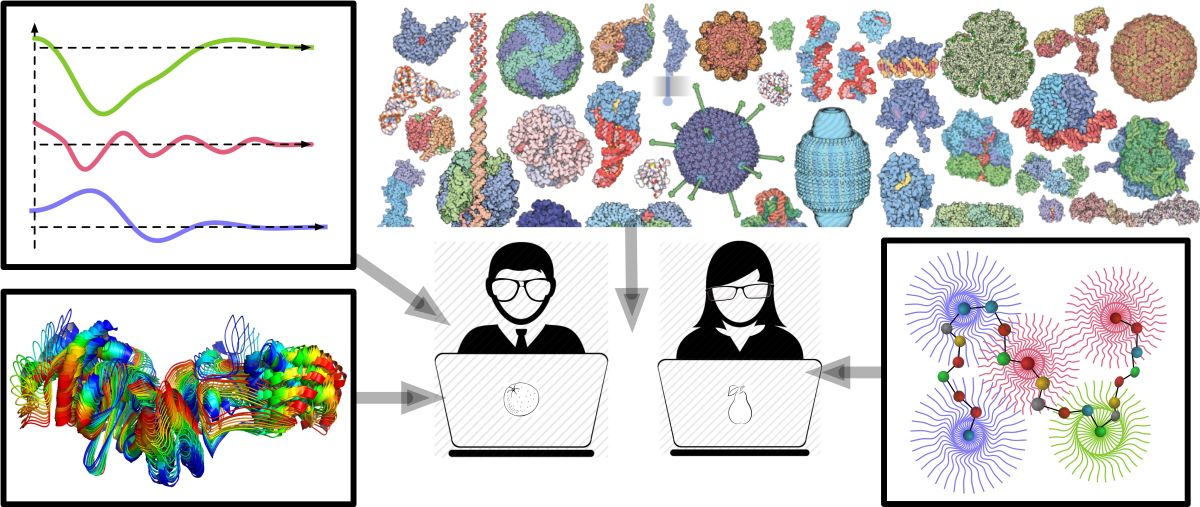Speaker
Description
Protein-DNA interactions play a significant role in biological processes and drug design owing to their prevalence. Computational methods for predicting protein-DNA complex structures serve as a valuable alternative to experimental methods, which, although more accurate, are also time-consuming and resource-intensive. The established framework for predicting protein-protein complex structures can be adapted for protein-DNA complexes, typically involving a Fast Fourier Transform (FFT)-based rigid docking, followed by a scoring function to re-rank the modeled structures. Despite the efficiency and success of this framework, its success rate is influenced by conformational changes induced during the binding process—a common phenomenon in protein-DNA interactions. To address this challenge, we have developed an iterative method, ITScorePD, for training a knowledge-based scoring function on an augmented set. This set includes experimentally resolved crystal structures, and reasonable decoy structures and enriched near-native structures generated through the rotation-translation blocked (RTB) method to account for conformational changes in both proteins and DNAs. Our results indicate that including near-native structures in the training set significantly improves the performance of ITScorePD compared to the scoring function derived from a training set without near-native structures. The detailed test results will be presented.
| Submitting to: | 8th CAPRI assessment meeting |
|---|

